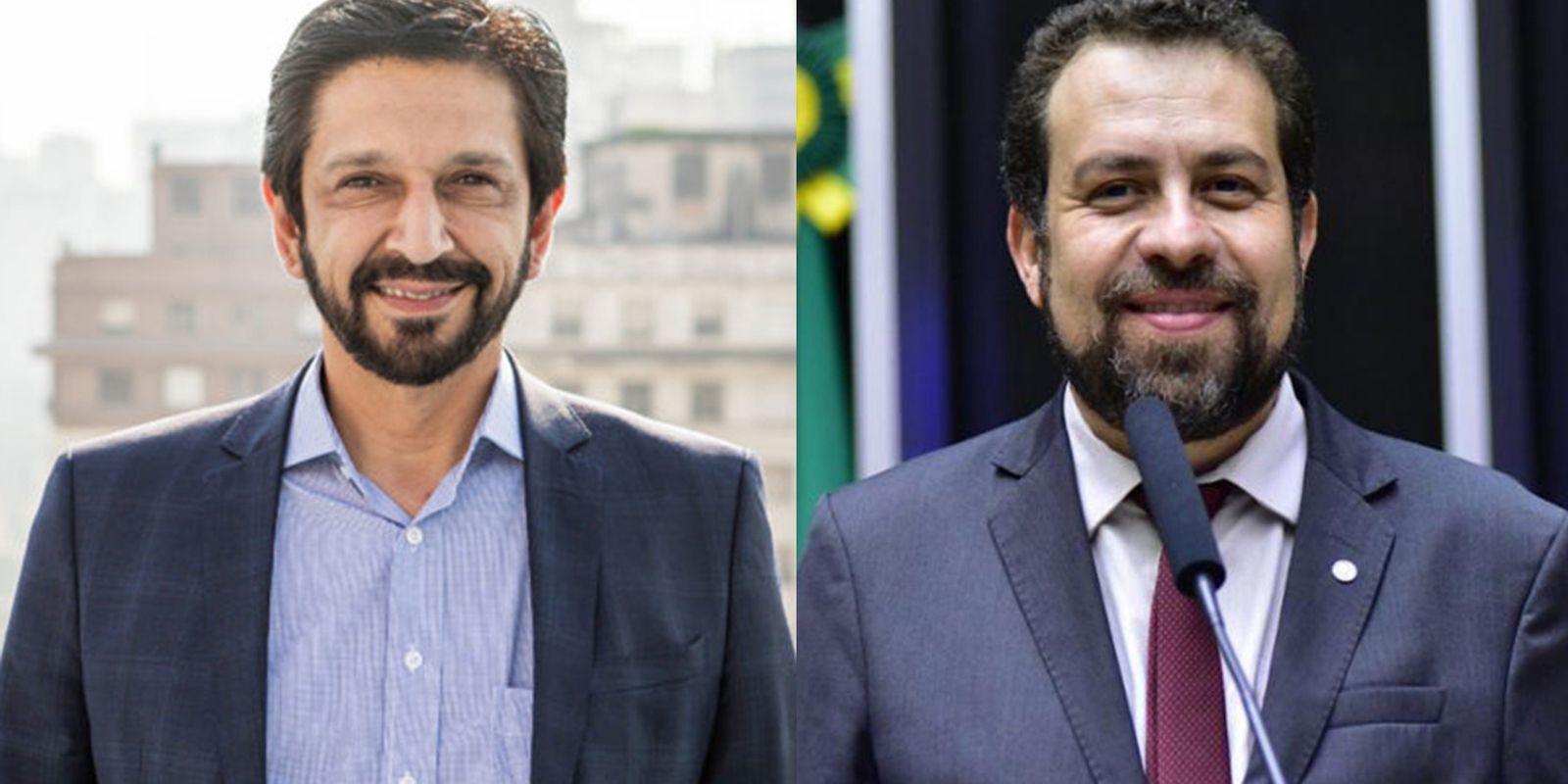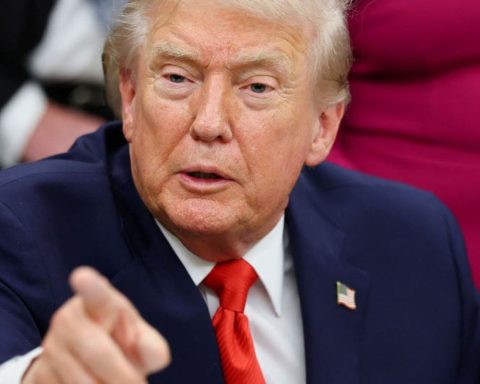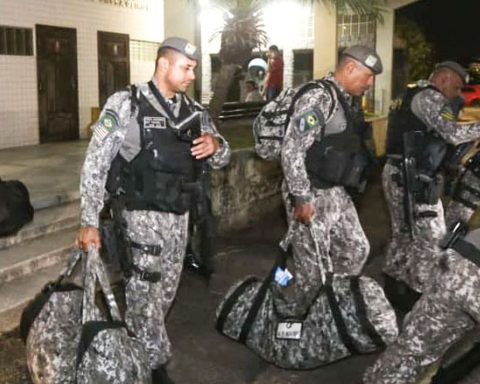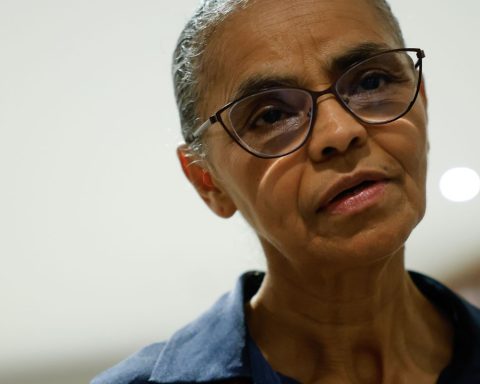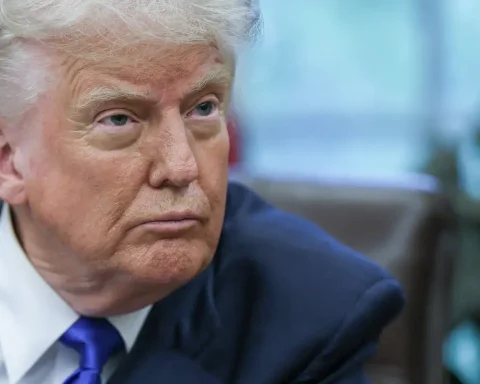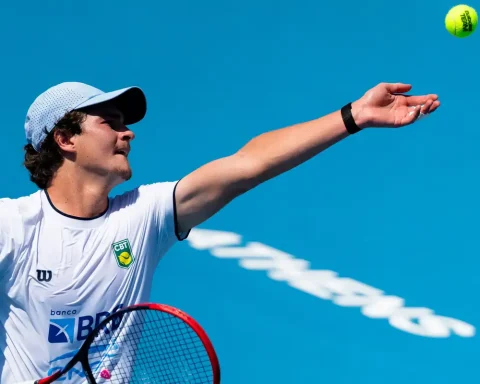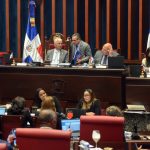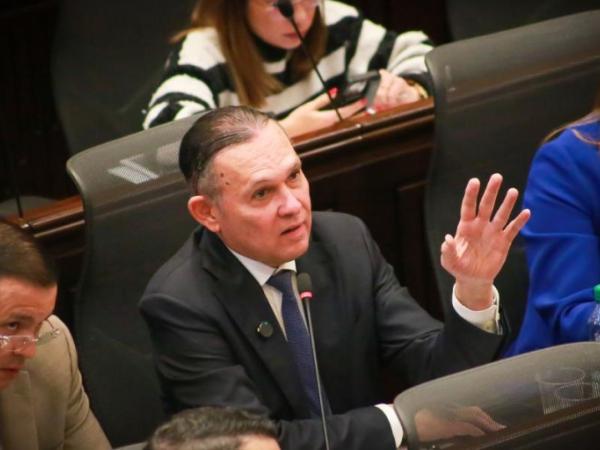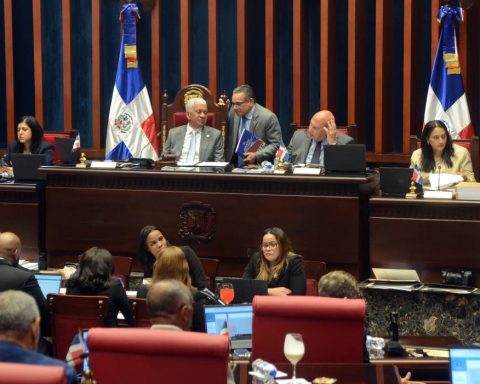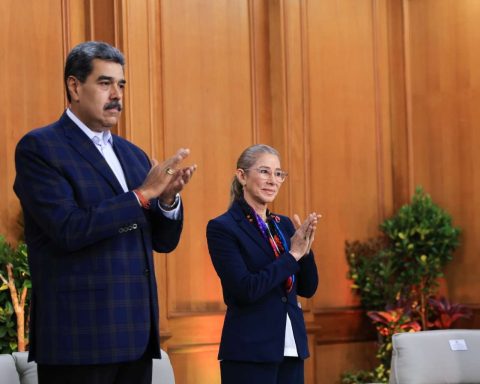Candidates Ricardo Nunes (MDB) and Guilherme Boulos (PSOL) will contest the second round of elections in São Paulo. Nunes had 29.49% of the valid votes and Boulos had 29.06%. Third place, Pablo Marçal (PRTB), achieved 28.14% of the votes.
So far, 99.52% of the ballots have been counted.
Ricardo Nunes
He assumed political prominence in the city of São Paulo when he occupied the position of mayor after the death of Bruno Covas (PSDB), who died in 2021, a victim of cancer. The MDB candidate, before becoming mayor, was a councilor between 2013 and 2020, having been sponsored in this campaign by governor Tarcísio de Freitas (Republicans) and, more discreetly, by former president Jair Bolsonaro (PL).
A businessman, he became successful in the pest control business, with a company specializing in the disinfection of ships in the country’s ports. He was founder of the Brazilian Association of Phytosanitary Treatment Companies (Abrafit) and director of the Business Association of the South Region of São Paulo (AESUL). He was also president of the São Paulo Metropolitan Region Development Council.
As a politician in the City Council, he became notable for presiding over the parliamentary commission of inquiry into tax evasion, the CPI on Tax Evasion.
He was also known for defending amnesty for religious temples and defending conservative agendas. He has been a member of the MDB since he was 18 years old. He was elevated to vice-president of Bruno de Covas when his opponent, and defeated, in these elections, José Luiz Datena, withdrew from the election.
Nunes has his electoral base in the south zone, in the Grajaú region. His deputy is the former military police reserve colonel and former president of Ceagesp, Ricardo de Mello Araújo, appointed by former president Jair Bolsonaro.
Aged 56, he is married and has three children. In the 2020 campaign and in this one, he also had to defend himself against accusations of domestic violence against his partner Regina Carnovale, in 2011. The wife reportedly filed a police report about threats and insults. Nunes even claimed that the document was false, but the Public Security Secretariat confirmed the document’s veracity.
He was also involved in accusations of favoritism in city hall contracts to friends, he had to deal with allegations of PCC participation in public transport contracts and overpricing in tenders.
Guilherme Boulos
For the second time, Guilherme Boulos, from PSOL, participates in a second round in the dispute for the mayor of São Paulo. The current federal deputy led the majority of vote surveys throughout the campaign, but always with tight margins for the other candidates, mainly Ricardo Nunes (MDB) and Pablo Marçal (PRTB).
Professor, psychoanalyst, writer and housing rights activist, Boulos is the hope of the left to regain control of the country’s main city, considered strategic for the next presidential elections in 2026.
It has the former mayor of São Paulo, former deputy and former minister Marta Suplicy as vice president and the support of the President of the Republic, Luiz Inácio Lula da Silva.
At 42 years old, the socialist candidate began his political career as an activist in the housing movement, being one of the main leaders of the Homeless Workers Movement (MTST). He was arrested for his activism, prosecuted several times, but was never convicted.
He even ran for president of the country in 2018 for the PSOL, in a coalition with the PCB and the indigenous movement. At the time, his deputy was the current minister Sonia Guajajara, current minister of Indigenous Peoples. The ticket received 617,122 votes, placing in modest tenth place in the first round.
In 2020, he ran in the second round of elections, but was defeated by then-mayor Bruno Covas, who passed away in 2021. At the time, deputy Ricardo Nunes took charge of the capital’s city hall.
In 2022, the PSOL candidate was the first most voted in São Paulo and second most voted in the country in the dispute for a seat in the Chamber of Deputies, with around 1,001,453 votes.
On the eve of the election, he denounced the publication of a false medical report by Pablo Marçal’s campaign, accusing him of depression due to drug use. Because of this, Marçal had his social networks suspended by the Regional Electoral Court.
Married to Natalia Szermeta, he has two daughters. He is the son of a couple of doctors and the grandson of Lebanese parents.
